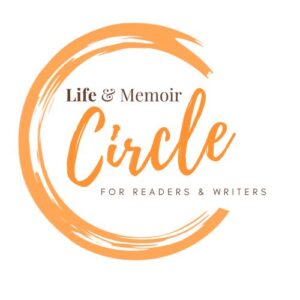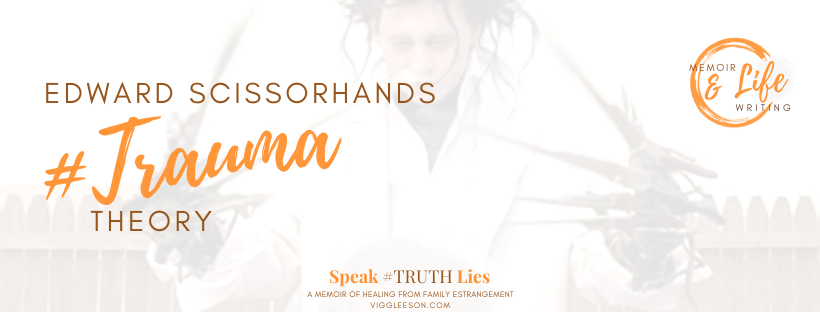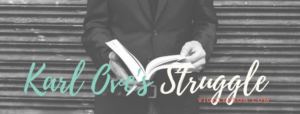“The extent to which you know your inner child is proportional to how well you know yourself.”
Vig’s Trauma Theory
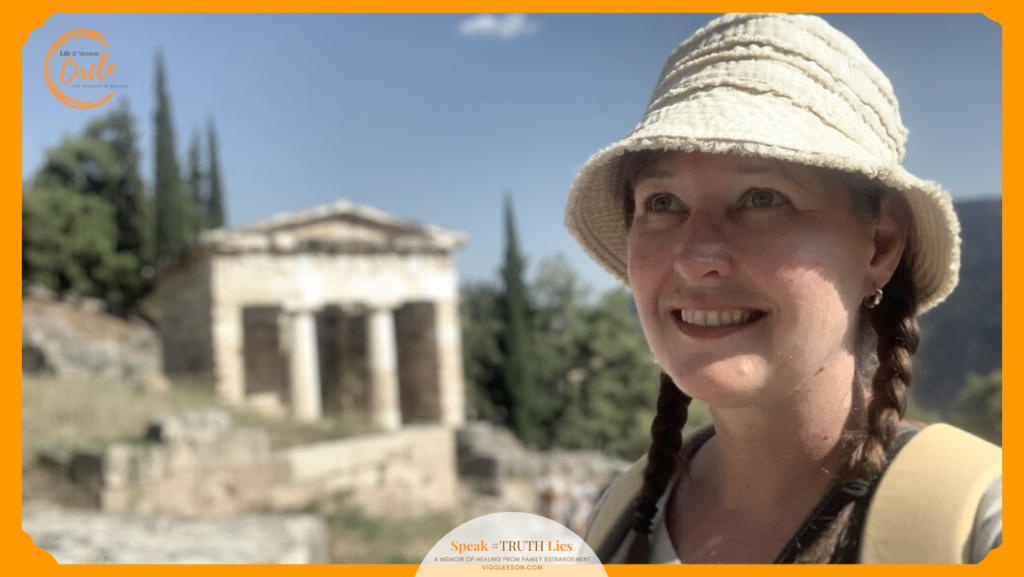
Instead of reading, you are welcome to listen to this podcast episode, where I read the article for you.
“Children are hyper-sensitive.” I started out.
“That’s not true,” David said, “all children are different. Just because you were sensitive doesn’t mean every child is.” We both laugh.
“Anyway,” he said, “go on, tell me your theory.”
My theory is that childhood sensitivity is how some children communicate with their inner selves. I think, at least for me, it was a way to make sense of what was happening around me – during the early years of my life – when I didn’t have the life experience or vocabulary to fully grasp my environment.
It doesn’t take much to ‘wound’ a sensitive child, like myself. A harsh word, or a mum running after you through the house with scissors, wanting to cut your hair off, rather than brush out the knots that appear overnight, can leave wounds you feel without remembering how you got hurt in the first place.
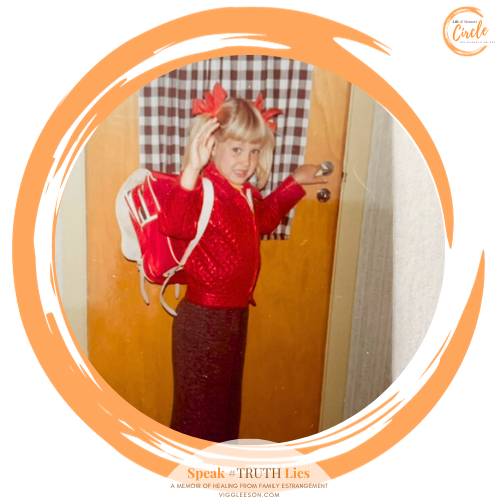
If you’re a sensitive child, like I was, and the hairdresser isn’t exactly treating you with kitten gloves. Instead, she’s chatty and asks you all sorts of questions about what hairstyle you like, and you’re awkward and too shy to answer, before you know it she’s already decided for you and you end up with the most godawful haircut.
“Ha!” David injects, “And later in life, you realise the amount of hair a hairdresser cuts is in direct proportion to how much they feel they need to talk. I might be exaggerating here, but maybe we shouldn’t go to a hairdresser who’s going through an acrimonious breakup. Anyway, back to your 12-year-old self.”
You’re a gangly, tall, scrawny, awkward pre-teen and now, with the long hair gone, you look like a boy and suddenly your life is plummeting down spirals. What could be worse than looking like a boy? Everything feels out of control.
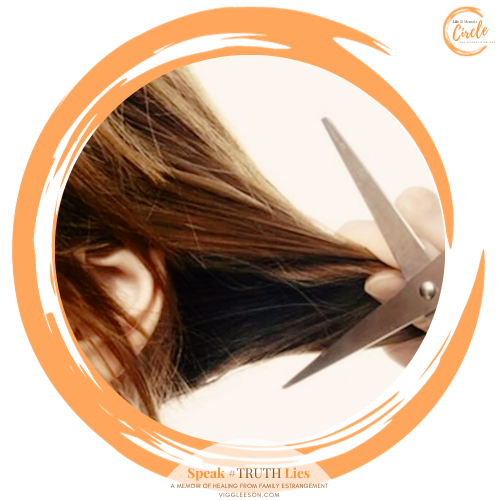
It’s inevitable, when you’re 12 and you don’t plait your long blond hair before bed that you wake up with a great big knot at the back of your head. So when your Mum turns all Edward Scissorhands, the next thing you do is exactly what your mother tells you to – you cut your hair short!
“So, now you start wondering how anyone could have dated Johnny Depp,” David muses, “surely they must have wondered whether they were going to wake up in the morning totally bald. Snip, snippety-snip!” We both laugh.
You think you’ve learned the lesson when you swear never to cut your hair short – ever again. Short hair has now become a MAJOR trauma, completely overshadowing your Mum-turned-Edward Scissorhands experience. But you didn’t learn. Somehow the trauma has affected your logic. It has switched the points and you are travelling on a runaway train that relentlessly delivers you to the hairdresser’s door despite your better judgement. You cut your hair short a few more times. Easier to manage, you tell yourself, believing the sound of your mother’s voice in your head.
After twenty years of looking at the same framed photo of himself and yourself, the penny finally drops. How could I not have noticed that short poofed-up hair doo that makes you want to hide your wedding photo?
Some friends laugh at your bouffant when they see the photo and it becomes a subject of amusement and a reason to tell a story. So you don’t put the photo away. Instead, it sits on the shelf, reminding you to look after your hair because you want to keep it long.
Reluctantly, you go to the hairdresser and wonder why, whoever cuts your hair, you always feel out of sorts in the chair.
“Is it the underlying fear of that acrimonious divorce they’re yacking about?” David asks.
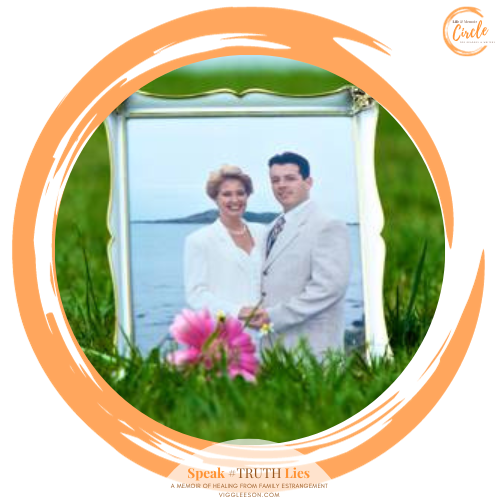
No, it is more than that.
Over the years you’ve learned a thing or two about childhood trauma and now, with forty minutes on the clock till the colour sets, you wonder where the feeling of discomfort comes from. When you remember, you can’t help but wonder what came over your mum the day she turned into Edward Scissorhands. It wasn’t her normal behaviour so something – other than your hair in knots for the third time that week – must have triggered her to react so violently. She was definitely releasing anger on your hair when you gave her the brush she so roughly pulled through your hair it made you scream in pain and wrestle her off your back – where she’d pinned you to the floor – and run away.
Trauma, you now know, can be passed down from generations, but as far as you are aware, not normally through the application of a humble hairbrush. Perhaps something about the situation triggered discomfort from her childhood. You will never know.
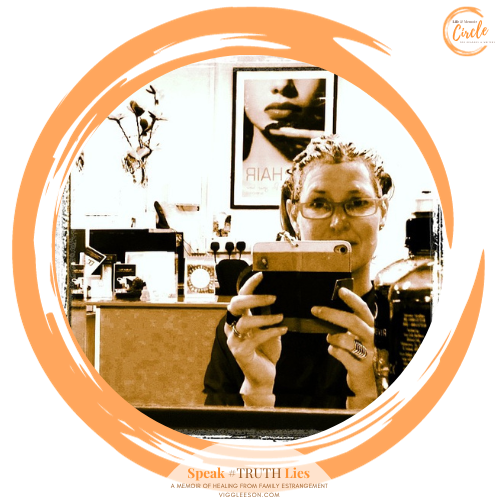
Decades later you still don’t like going to the hairdresser, but love brushing your daughter’s hair. When she asks you to plait her hair you relish the intimate, tender moment between you. Your heart swells, and at the same time, aches for the moment you lost with your own mum.
“Well,” David says. “I think it’s time you find a loving hairdresser, tell him your story before you book. Oh, and make sure to ask whether his marriage is going ok.”
Sound advice David!
Much Love and Light 🧡
This article went through many revisions. It first appeared as a rough draft for my memoir but didn’t make the cut for the book. Instead, it landed high on the slag pile of ‘writing for later’. Some weeks ago I dug it out and read it to my Sunday Memoir Group. From their feedback, I revised it and read it again in Memoir Mentors Online this week. That’s when David Hughes offered to add his magic humour to it. I did a quick revision before publishing it for you to read.
This shows that our stories, just like a child, need a village to thrive. If you are writing your #TRUE Life Stories – whether in journal form, memoir or author-fiction – and you want a supportive, encouraging and safe place to share and develop your stories, I have a Circle of readers and writers ready to welcome you. Just hit reply on the last email I sent you and let me know you want to join. Not signed up for the email Circular? No problem, sign up below.

